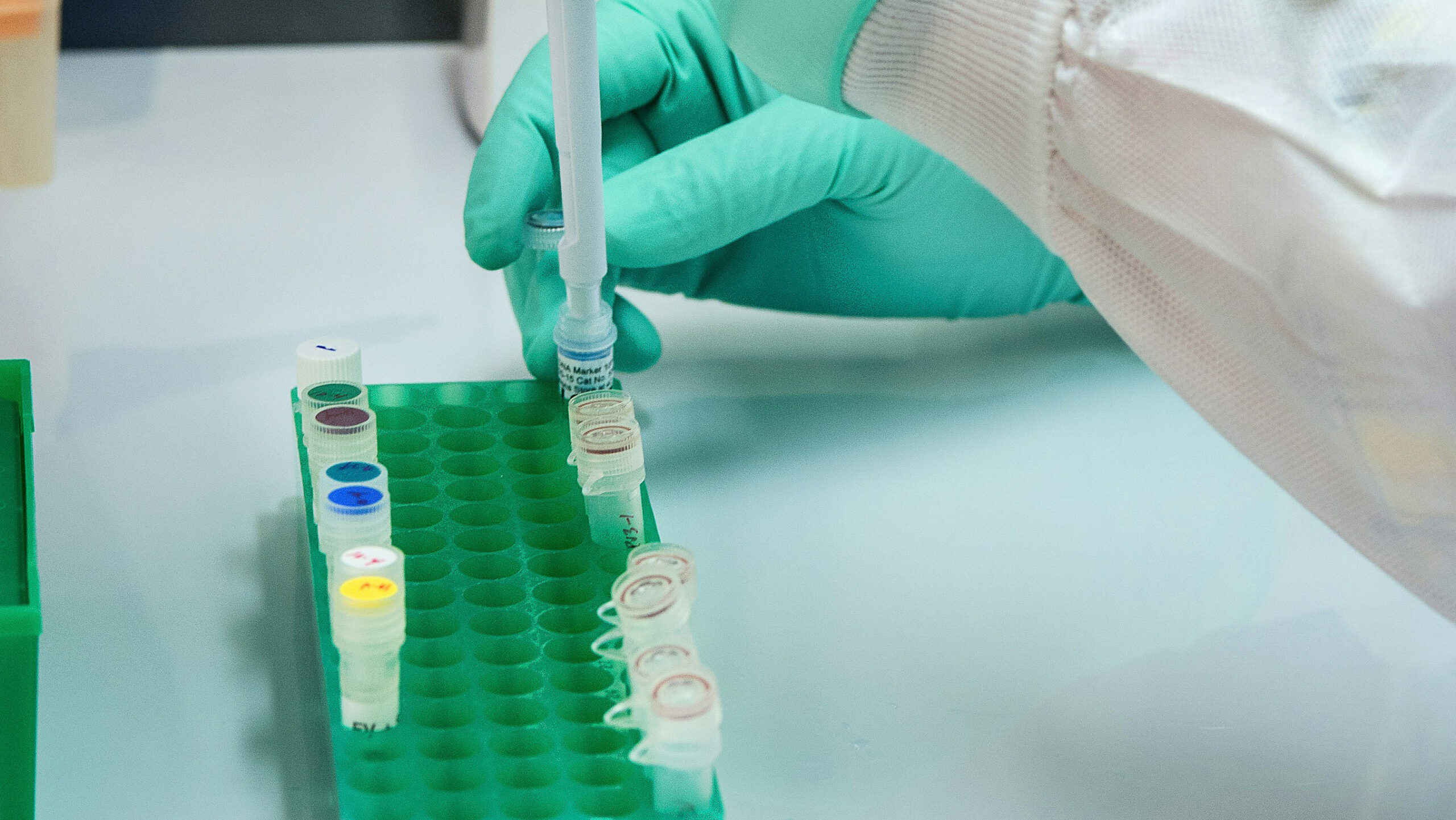
BCN02 Trial unveils promising insights into HIV cure strategies
Identifying potential markers for HIV control is crucial for assessing strategies to cure the infection. Now, a study led by IrsiCaixa and published in the eBioMedicine journal has identified the possible role of CD33/Siglec-3 molecules in predicting HIV control and its potential as a therapeutic tool for future cure strategies.
Supported by the European project EPIVINF, this discovery emerged from the BCN02 clinical trial, which investigates a promising HIV cure strategy. This approach combines a therapeutic HIV vaccine developed at IrsiCaixa with romidepsin, an anticancer drug known to reverse HIV latency. Among the 11 participants whose antiretroviral treatment was cautiously interrupted, 8 experienced rapid HIV resurgence, while 3 effectively suppressed the virus below the team’s designated threshold.
By analyzing proteins in participants’ plasma, particularly those linked to the immune and neurological systems, researchers discerned longitudinal alterations in the inflammatory profile. Remarkably, CD33/Siglec-3 emerged as the sole blood marker consistently distinguishing between those with better HIV control and those without throughout the study.
Validation studies in an untreated HIV-positive cohort affirmed the correlation between plasma CD33 levels and viral parameters. Furthermore, laboratory experiments underscored CD33’s potential as a therapeutic target; blocking this molecule with antibodies led to a notable reduction in HIV replication.
These findings mark a significant advancement in comprehending mechanisms governing HIV control and developing effective interventions. CD33/Siglec-3 shows promise not only as a predictive biomarker for HIV control but also as a prospective target for future therapeutic strategies. The study’s implications may lead to innovative approaches in HIV treatment and bring us closer to achieving long-term remission and ultimately a cure for HIV/AIDS.






